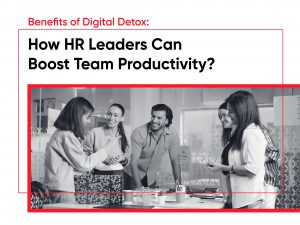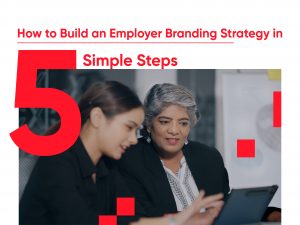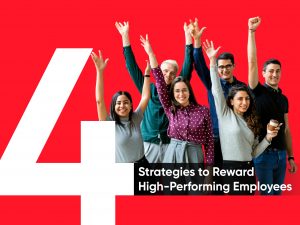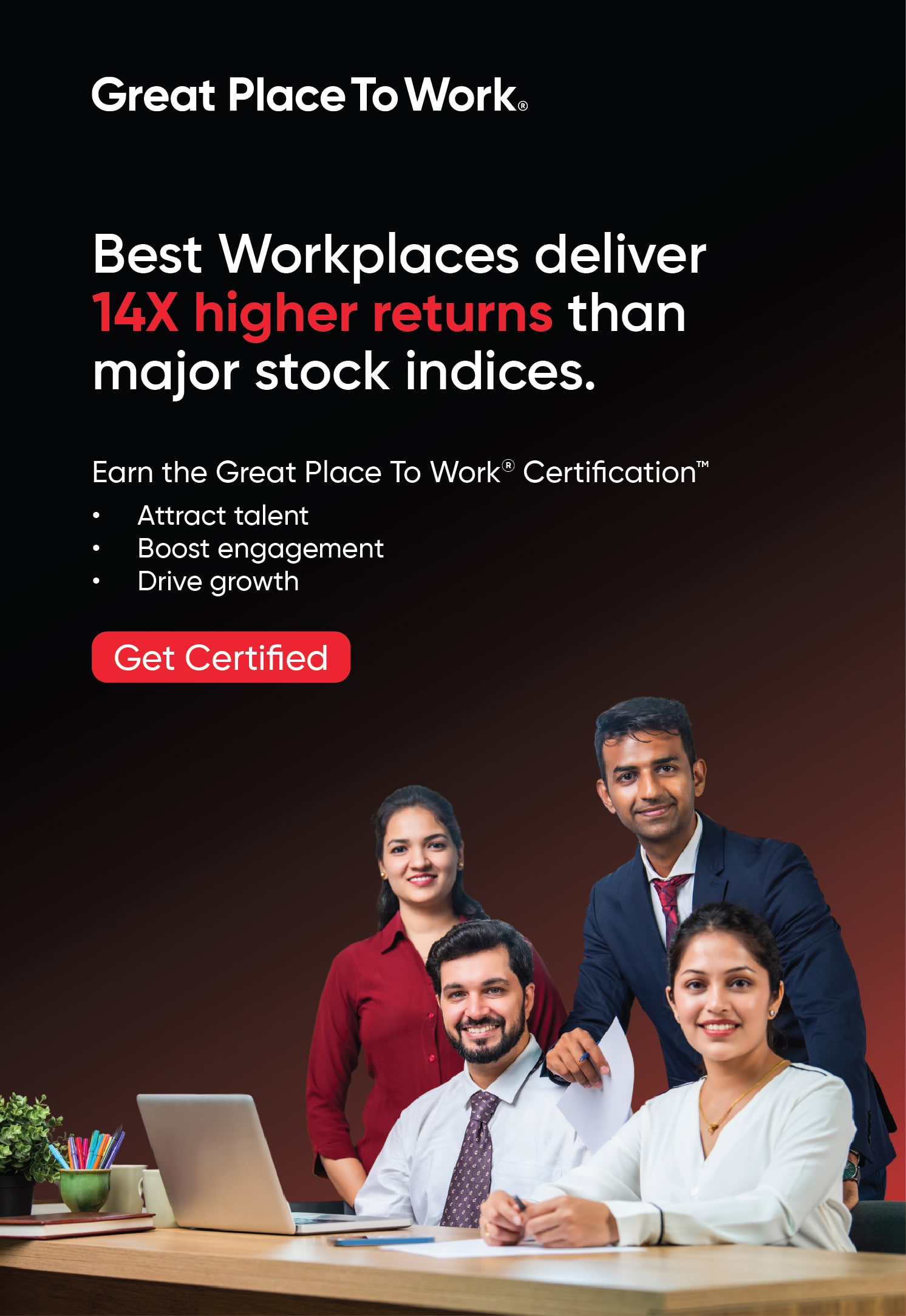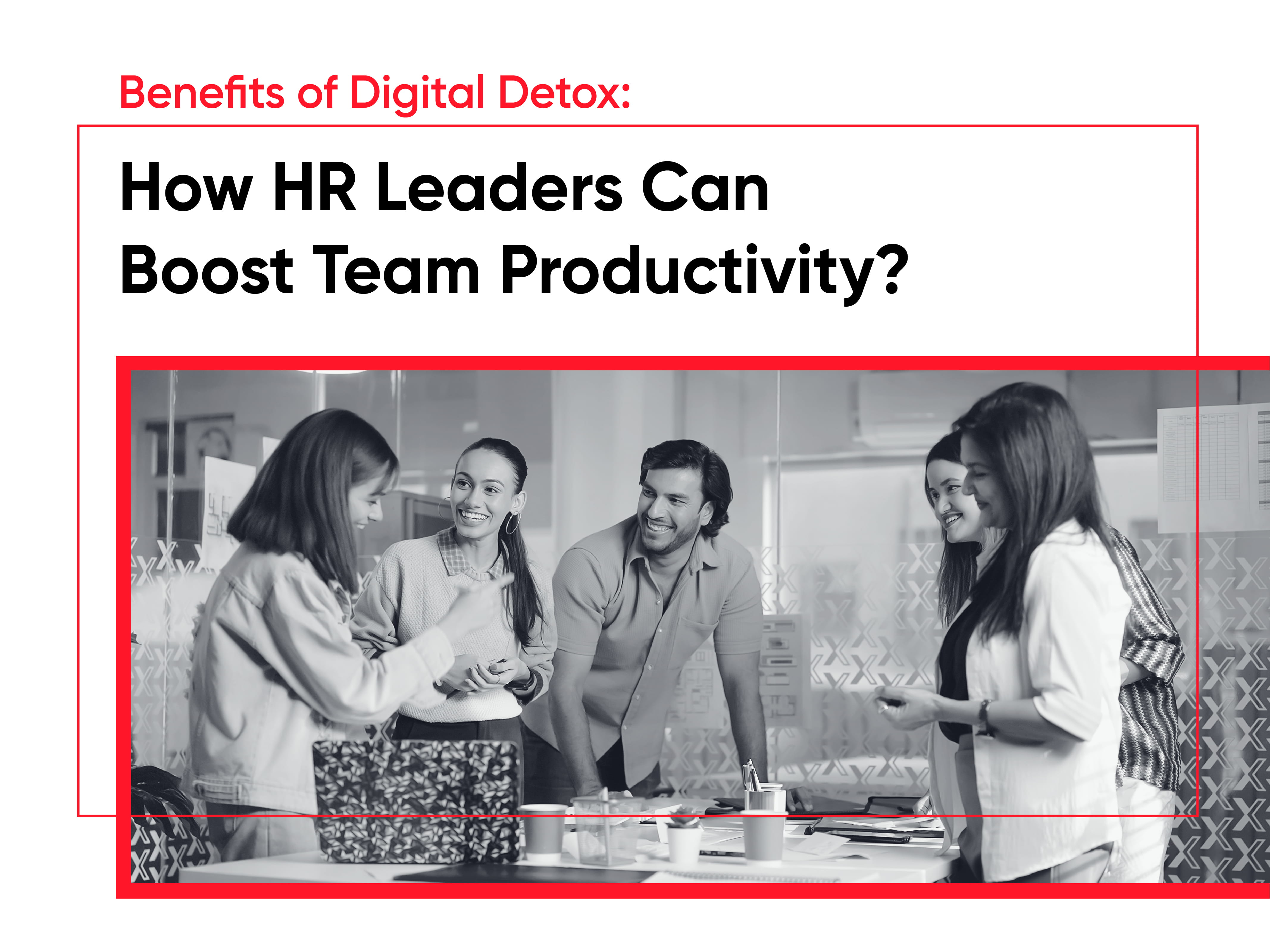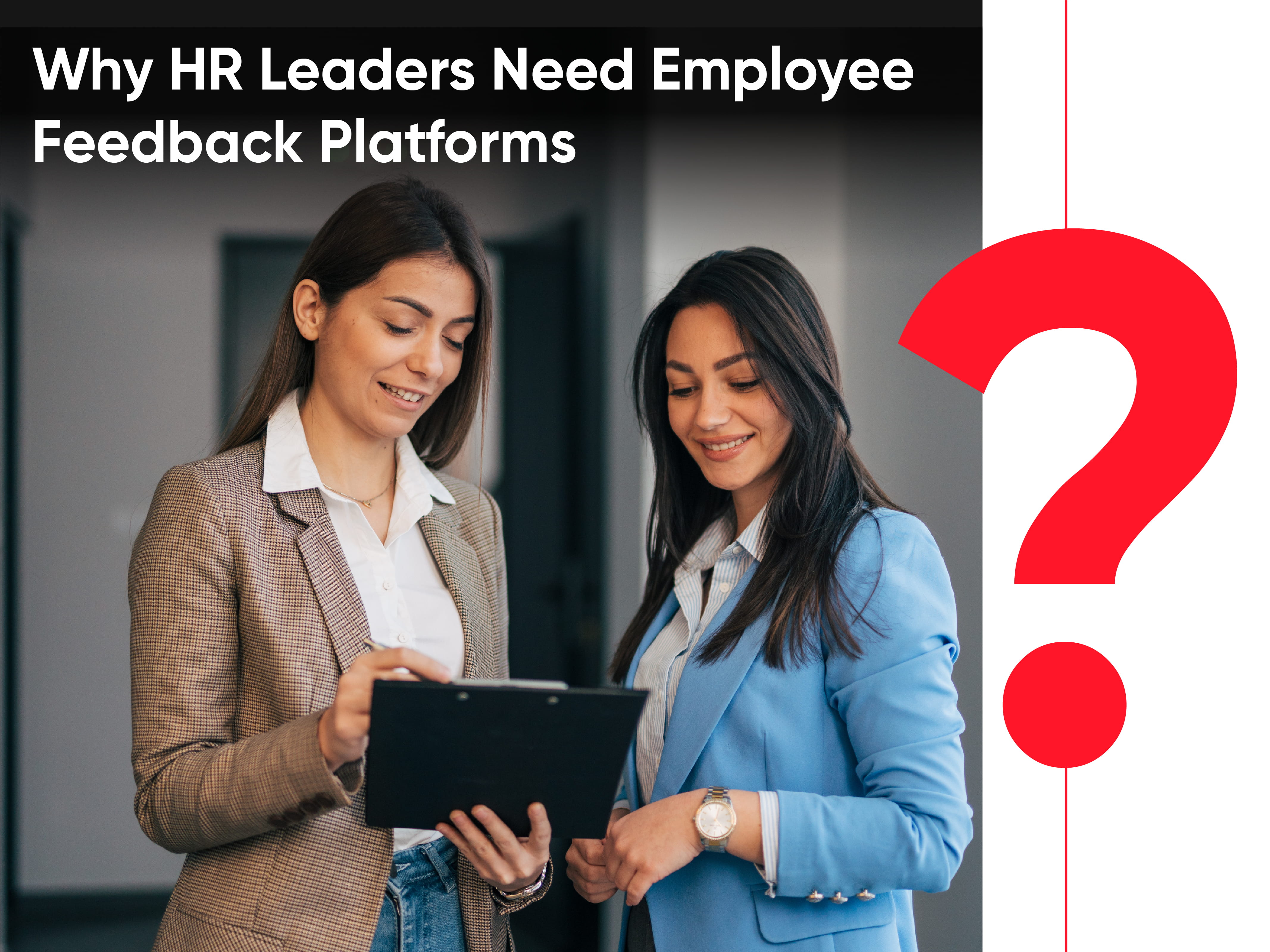Reading Time: 4 minutes
In today’s fast-paced business world, investing in your team’s growth and development is crucial for success. As markets shift and competition heats up, companies need to focus on nurturing their employees’ skills, passions, and potential. This investment boosts employee satisfaction and retention and fuels innovation, productivity, and overall performance. By having a clear plan for talent development, leaders can systematically identify, nurture, and leverage the talent within their organization. By doing so, leaders can create a continuous learning and improvement culture where employees feel empowered to grow and thrive.
Holistic Assessment
A holistic, thorough understanding of your team’s strengths, weaknesses, and potential is the key to effective talent development. By taking the time to really get to know your employees, you can gain a deep understanding of your workforce’s dynamics. This helps you identify the stars of your organization, the ones with the potential to take on leadership roles and drive your business forward. This holistic approach can also align talent strategies with business goals, create a culture of continuous improvement, and unlock the full potential of your workforce.

Personalized Development Plans
Personalized development plans are the cornerstone of effective talent growth, recognizing the individuality of each employee and catering to their specific needs and ambitions. By tailoring these plans accordingly, leaders demonstrate a commitment to nurturing talent at a personal level, fostering engagement and motivation. Integration of diverse learning approaches, including on-the-job experiences, formal training programs, coaching, and mentoring, ensures a well-rounded development journey.
Furthermore, providing ample resources and support enables employees to pursue continuous learning and skill enhancement, empowering them to reach their full potential. Through personalized development plans, organizations cultivate a skilled workforce and foster a culture of lifelong learning and growth.
Continuous Feedback and Coaching
Continuous feedback and coaching are vital components of talent development. They foster a culture of transparency, growth, and improvement within the organization. By nurturing an environment of regular feedback and open communication, leaders create opportunities for dialogue and collaboration, enhancing employee engagement and satisfaction.
Providing constructive feedback allows employees to understand their performance and progress, enabling them to make necessary adjustments and improvements. Additionally, offering coaching and guidance demonstrates a commitment to supporting employees in overcoming challenges and achieving their development goals. Through continuous feedback and coaching, organizations empower their workforce to excel, driving individual and collective success.
Opportunities for Growth and Advancement
Opportunities for growth and advancement are essential for fostering employee engagement, satisfaction, and retention. By creating clear pathways for career progression within the organization, leaders demonstrate a commitment to recognizing and rewarding talent. Offering opportunities for employees to take on new roles, responsibilities, and projects expands their skill sets and keeps them challenged and motivated. Encouraging cross-functional collaboration and mobility further enriches employees’ experiences, fostering a culture of innovation and knowledge sharing.
Workers who were satisfied with their opportunities for growth were 79% more likely to report good or excellent mental health. Workers who lacked opportunities for growth and advancement were also more likely to feel tense or stressed during their workday. By prioritizing opportunities for growth and advancement, organizations cultivate a skilled and versatile workforce and position themselves as employers of choice in attracting top talent.

Recognition and Rewards
Recognition and rewards play a pivotal role in reinforcing desired behaviors, fostering a culture of appreciation, and motivating employees to excel. Acknowledging and celebrating employees’ achievements and contributions boosts morale and cultivates a sense of belonging and loyalty within the organization. Implementing reward systems that recognize both individual and team accomplishments encourages collaboration and camaraderie, driving collective success.
Moreover, linking rewards to performance and development goals incentivizes continuous improvement, aligning employees’ efforts with organizational objectives. By prioritizing recognition and rewards, organizations reinforce positive behaviors and inspire a high-performance culture that fuels sustained success.
Cultivating a Learning Culture
Cultivating a learning culture is essential for fostering innovation, adaptability, and continuous improvement within organizations. By promoting a culture of curiosity, leaders inspire employees to explore new ideas, challenge the status quo, and embrace change. Encouraging knowledge-sharing and collaboration creates an environment where diverse perspectives are valued, fostering creativity and problem-solving.
Providing access to learning resources, workshops, and development programs empowers employees to expand their skills and knowledge, driving personal and professional growth. By prioritizing a learning culture, organizations stay ahead of the curve and nurture a workforce that is agile, resilient, and poised for success in an ever-evolving world.
Nurturing talent is not just a strategic imperative but a fundamental commitment to any organization’s long-term success and sustainability. By adopting a structured framework for talent development, leaders can cultivate an empowered workforce that drives innovation, productivity, and growth. Visit here for more info.



